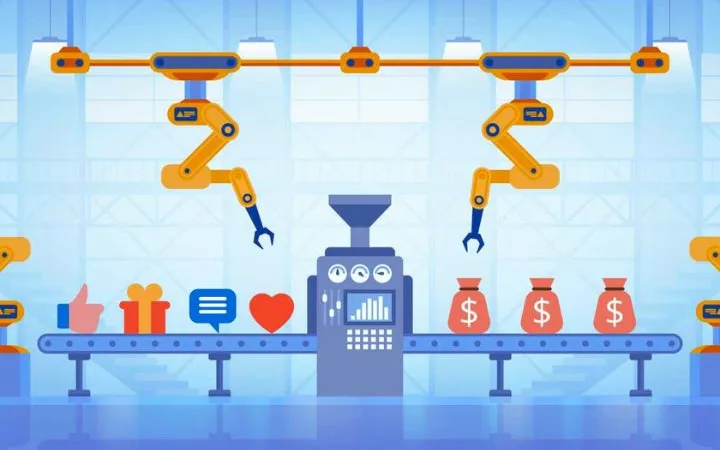Differences Between Native App, Web App And Hybrid App

Native Apps are those applications that are developed for a specific team or platform. In other words, it works on the computer without the need for any external program since it has been developed in the specific programming language of each computer. The term Native App is usually associated with mobile devices and therefore there are Native Apps for each operating system such as iOS or Android.
The main advantage of Native Apps is that it adapts 100% to the device and you can use all its functionalities without major problems (Graphics performance, GPS, camera, accelerometer).
The main drawback is, if you want to have the application for the different systems, you have to duplicate the project once for each system in which you want to have the app (iOS, Android) and many times also with its version . This greatly increases both development times and costs.
Table of Contents
Web App
They are those applications developed with Web technologies that can be used by accessing a Web server through the Internet (or Intranet) through a browser. Precisely the fact that they are accessed from a web browser is what gives web apps the most advantages (and disadvantages).
Among the advantages of Web apps are the simplicity of development and their lower cost. In this case, a single web app is developed that is distributed to all users through the use of the browser, either from a mobile device or from a desktop device. Thus, using responsive design , a web application can be adapted to any type of device.
The main drawback of web apps is that it offers a more limited user experience since it cannot, at least in a simple and direct way, access all the specific characteristics of the device, such as graphics performance, GPS, camera, accelerometer, altimeter, contacts, etc. It could also offer a somewhat lower level of security since it depends on the security of the browser used.
Hybrid App
Hybrid apps are a mix of the previous two. They take advantage of the versatility of developing a web application with HTML5, CSS and Javascript, allowing the use of some of the hardware functions, available in native applications and that could not be used in web apps.
For this, the developed app, instead of being viewed in a web browser, as in the case of web apps, is viewed in a WebView which is a browser integrated into a native application and therefore can use those specific hardware resources through plugins.
The main advantage of Hybrid Apps, in addition to the possibility of using hardware resources directly, is that they are independent of the operating system (iOS and Android). This allows reducing the initial investment in the project in the medium term compared to the native App, since it does not require maintaining several different versions depending on the operating system.
On the other hand, the main drawback with respect to Native Apps is that the user experience is not as good as in these and the performance and loading speed is much slower than a Native App.
Also Read : 5 Marketing Strategies That Helps To Grow Your Business






